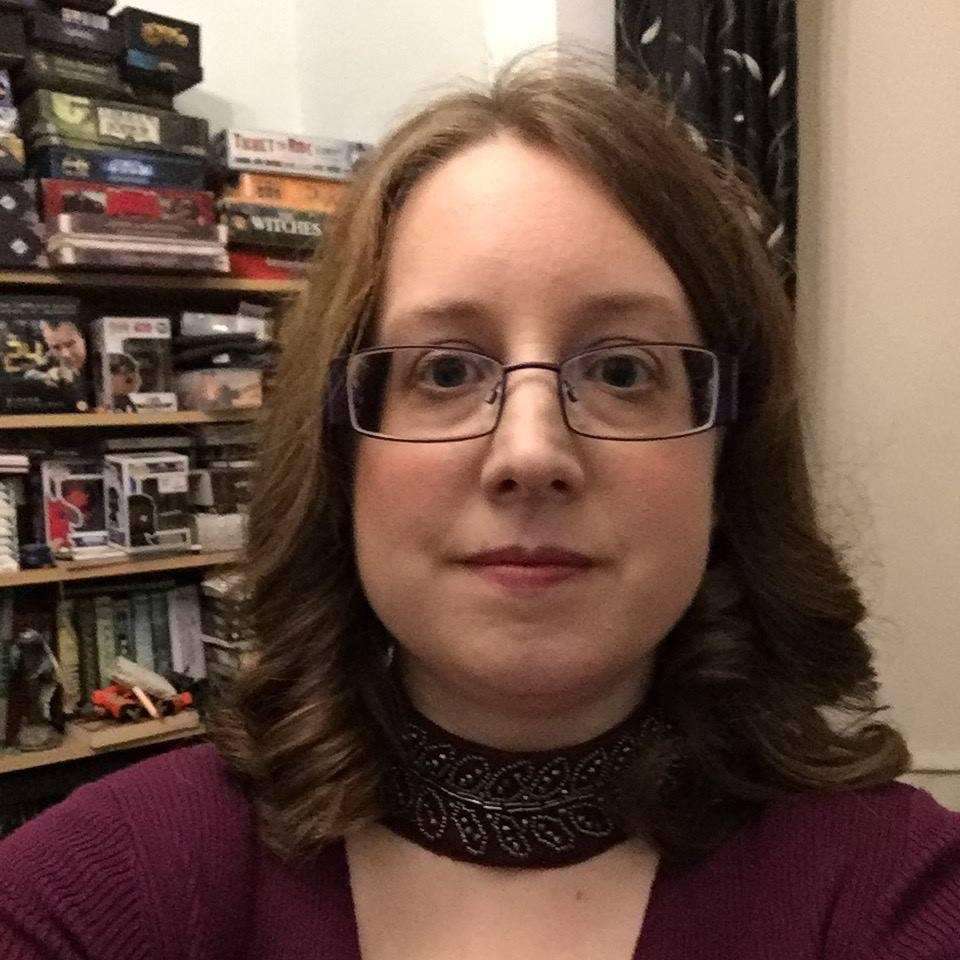In this monthly column, we check in with one of our resident agents to answer those questions you’re too afraid to ask for yourself. This month, Laura Bennett of the Liverpool Literary Agency tackles questions asked by BFS members in our dedicated Discord channel.

Name: Laura Bennett
Agency: Liverpool Literary Agency
Specialism: Sci-Fi & Fantasy
Location: North West England
Follow: Threads: Losbennett / Twitter: Losbennett
Read more about Laura in her BFS member profile, here.
Q: I’m currently writing my first novel, a mixture of gothic fantasy and dystopian sci-fi set in a ‘secondary’ world. Here and there, as part of the worldbuilding process, I’ve been writing short ‘in-universe’ texts – that is, texts that come from within the world in which the novel is set and are written by scholars, historians, scientists, etc, from within that world. For a while now I’ve been playing with the idea of publishing these online as a possible way of promoting my novel/stirring interest in it while I am still working on it. To this end, I wanted to get an agent’s opinion on whether this would be a good idea, specifically in light of the fact that I am intending to try and get my novel traditionally published when it is finished. I imagine that, if I was intending to self-publish, there couldn’t be any harm in doing this, but wasn’t sure how it might be regarded by traditional publishers.Â
I don’t think there would be any harm in doing this. The worst that could happen, really, is that you’d be asked to take them down if a publisher picked the book up, but I think that’s unlikely. People do share quotes to market their books fairly often, or write free “bonus material†for websites and newsletters. I say go for it!
Q: A lot of querying advice about comparative titles emphasises that they should be popular recently-published books, with recommended timeframes for comps seeming to range from 2-5 years. Given the market is constantly changing and evolving, how much does the age of comp titles affect their usefulness for agents when trying to assess the potential of a query, market placement, and whether the author would be a good fit for that agent?
Q: I have a very similar query, in that I’ve been reading recent work to find some good comparators for my novel, and so far I’ve drawn a blank. I can give good comparisons in terms of some very well known dead writers and decades old books – are these worth mentioning at all, and do I need to keep hunting and find some modern comps before it’s worth starting to query?
I usually say to try and keep them to the last five years. Comp titles are always a headache and one of the difficult parts of querying, though! My advice is always to try not to worry about finding perfect fits – look for similarities such as setting, plot, character, themes, and so on. That way you can mix and match. “The Gothic setting of X meets the enemies-to-lovers romance of Yâ€, or “the found family of Z meets the far-future humanity of A.†You can also use TV shows, movie and video games but try not to use more than one, and choose quite popular ones in the case of games. Think Baldurs Gate 3 over something like Undertale. Using recent titles shows us as agents that you’re familiar with your market and genre, as well as helping us get an immediate idea as to whether we’ll be interested in your work. If you absolutely have to use an older book, make sure you mix it with two newer ones, though. It’s definitely important. As an agent we have to use comp titles when pitching to editors, and although we’ll help find new ones when we get to that point, it’s useful to have some from the author too. (Since we might not have read the same books!)
Q: What factors other than the book do you take into account when considering whether to offer representation?
Some things that I have to consider:
- Do I have editors in mind who might like this?
- Is it too similar to something that I have out on submission or that I know one of my authors is writing?
- Does this fit with what I know of the current market trends, OR do I think it’s something that could potentially set a new trend?
- Does this fit the genres/age categories/word counts that I work with?
- Am I confident that I can pitch this book out?
- Am I confident that I can help edit this book?Â
- Will I work well with this author and will they continue to write in the genres that I represent?
Things I don’t consider: Author’s social media presence. I don’t care how many followers you have. Though, a caveat to that: I’m not going to offer to somebody who is constantly causing drama and/or posts anything hateful. I don’t look at newsletters or websites. Websites are nice to learn more, but it doesn’t affect my decision.
Q: If you self publish does that prevent you from being represented and pursuing a traditional publication path later on?
Short answer: No.
Slightly longer answer: Not at all. You can use different names if you need to – if you want to separate the two because of genres or other reasons. A future publisher might even want to buy your back-catalogue if it suits them. Decent sales records will also help future pitches. Some of our authors self-publish under one name and we seek traditional contracts for them under a different name so they can earn some money while waiting on submission, too. Or they self-publish a different genre. There’s plenty of options.
Featured image: by Evan Dennis on Unsplash

